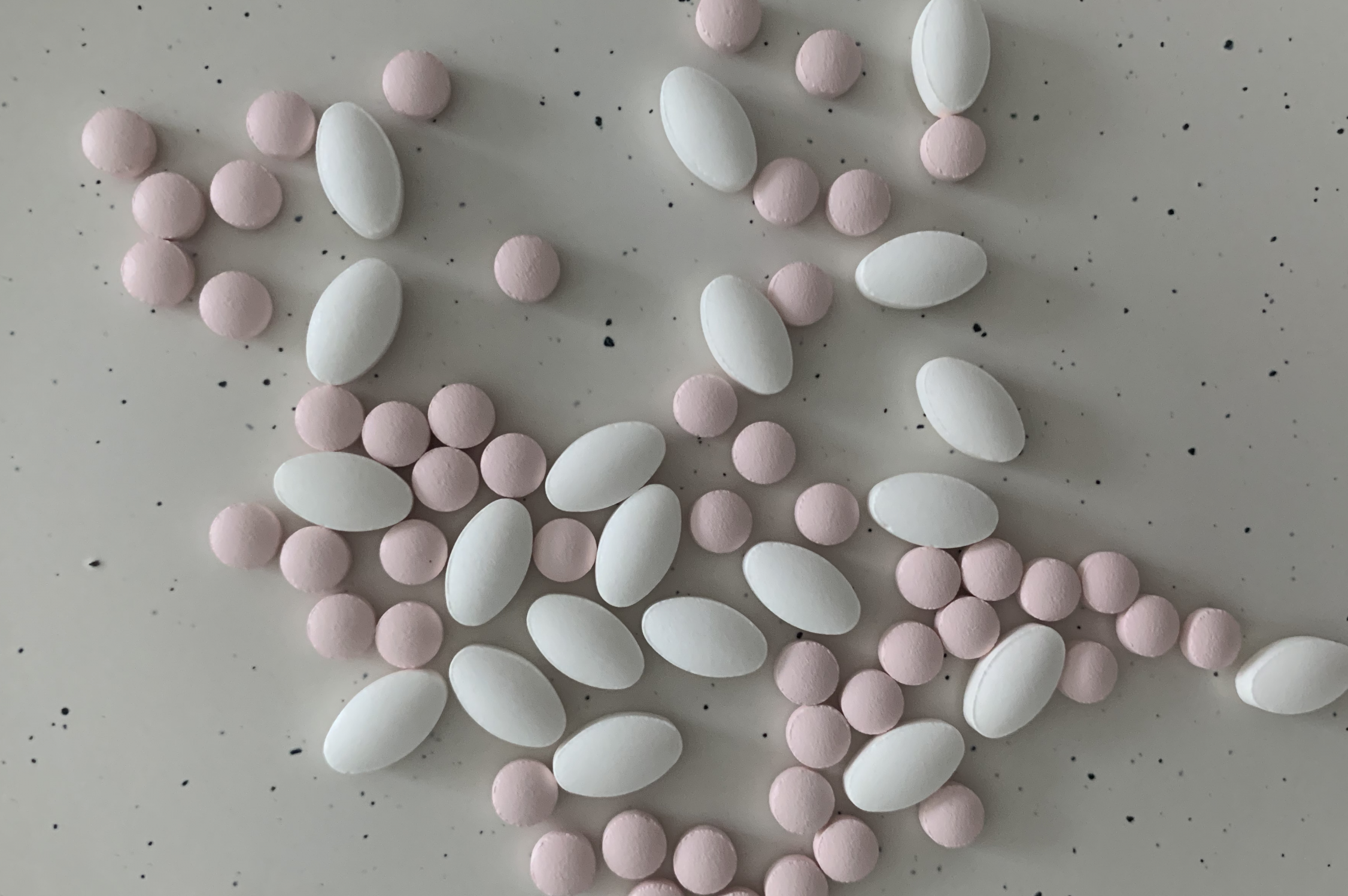
Your Doctor has only told you to take folate but the fertility forums are full of complicated supplement routines. So do you need to take more than that? Do fertility supplements really work to help you get pregnant?
A few studies have been done showing the benefits of taking multivitamin/mineral supplements for fertility.
The well known Nurses Health Study II found that taking a multivitamin containing folic acid reduced the risk of ovulatory infertility by up to 40%.
A high-quality study that compared women taking a supplement with a range of vitamins and minerals compared to a placebo, found women who were supplemented had better hormone levels, more normal cycles and most importantly, significantly higher pregnancy rates after 3 and 6 months of use.
No conversation about fertility supplements and if they really work would be complete without covering the number one prenatal vitamin, folate.
Folate is a B vitamin, also known as B9. It is an essential nutrient needed to make DNA, for cell division and for methylation, that is, changing the activity of genes and activating reactions in the body.
The main reason you need to take it while trying to conceive is as there is very strong evidence that taking it prior to and in early pregnancy prevents neural tube defects.
But the benefits don’t stop there, as far as fertility supplements go, there is quite a bit of evidence that folate actually works to help you get pregnant faster and avoid other pregnancy complications. That goes for whether you’re trying to conceive through intercourse or using getting some help through IVF. (Read more about how folate helps fertility here.)
So are the benefits of fertility supplements just coming from folate? Or do other vitamins and mineral help you get pregnant too? Well, two studies have looked at just this. One looked at women struggling to conceive, comparing fertility supplement with folic acid alone, during fertility treatment. They found that the clinical pregnancy rate was significantly higher in the fertility supplement group and they needed fewer treatment cycles.
The second study found fertility supplements significantly improved embryo quality and fertilization rates in older women (>35 years) doing ICSI cycles, compared with folic acid alone.
As well as looking at whether mixed fertility supplements really work, studies have also looked into individual nutrients.
Other B-vitamins, such as B12 and B6, have been shown to play a role in fertility, as well as helping prevent neural tube defects. Choline, while not technically a B-vitamin, is known to also work closely with them.
The marine Omega-3 fatty acids, DHA and EPA, are another example of fertility supplements that really work. Evidence shows they decrease time to pregnancy, improve egg and embryo quality, fertilisation as well as pregnancy and live birth rates!
Yes, the evidence shows that fertility supplements really work to help you get pregnant faster as well as have a healthier pregnancy. But determining which supplement you should take while trying to conceive can be a tricky process. Not all supplements are created equal and not everyone requires the same nutrients.
back to top
@foodbabyfertility
Fertility dietitian, ovulation expert, lover of food and squishy newborn baby cuddles. I help people get pregnant (fast) and have the healthiest pregnancies possible.